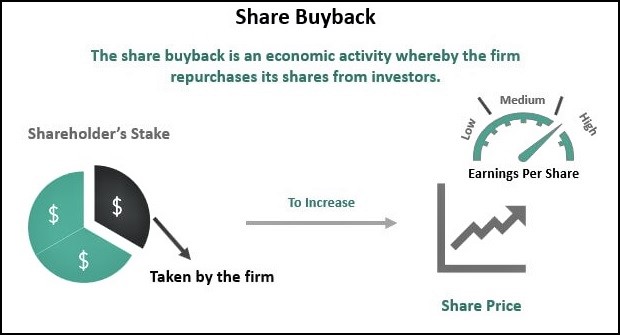7667766266
enquiry@shankarias.in
The Securities and Exchange Board of India has decided to phase out the buyback of shares of listed companies through exchange route and favoured the tender offer.

References